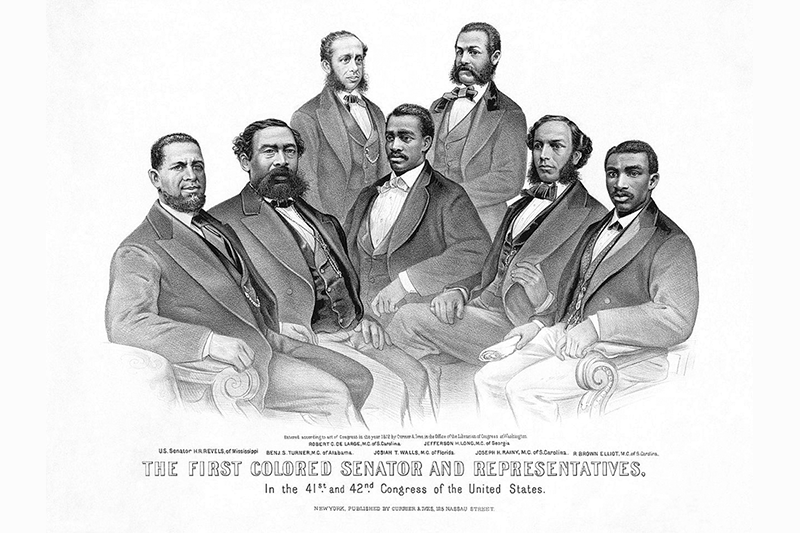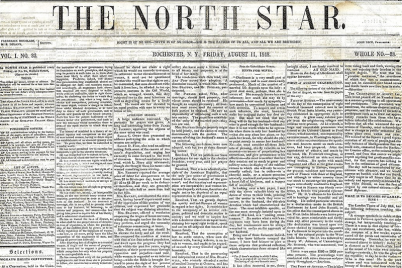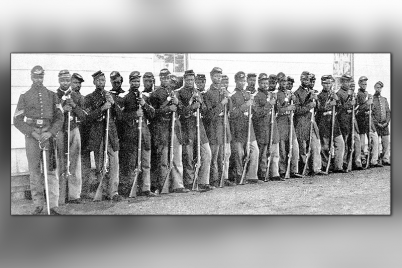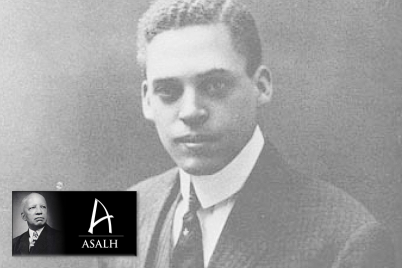The first black senator and representatives in the 41st and 42ndCongress of the United States: Sen. Hiram Revels(R-MS), Rep. Benjamin S. Turner (R-AL), Robert DeLarge (R-SC), Josiah Walls (R-FL), Jefferson Long (R-GA), Joseph Rainey and Robert B. Elliott (R-SC)








